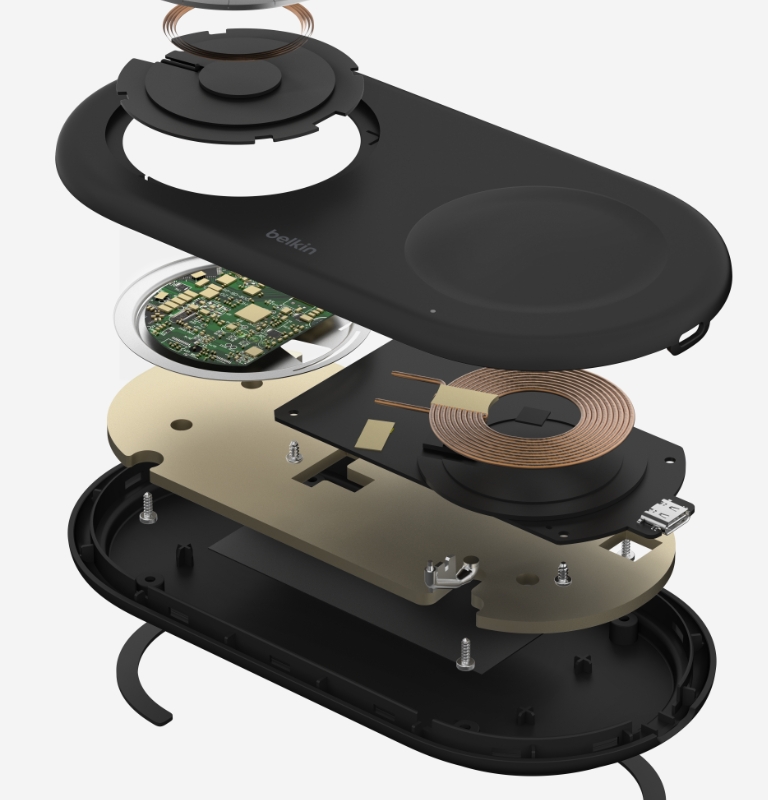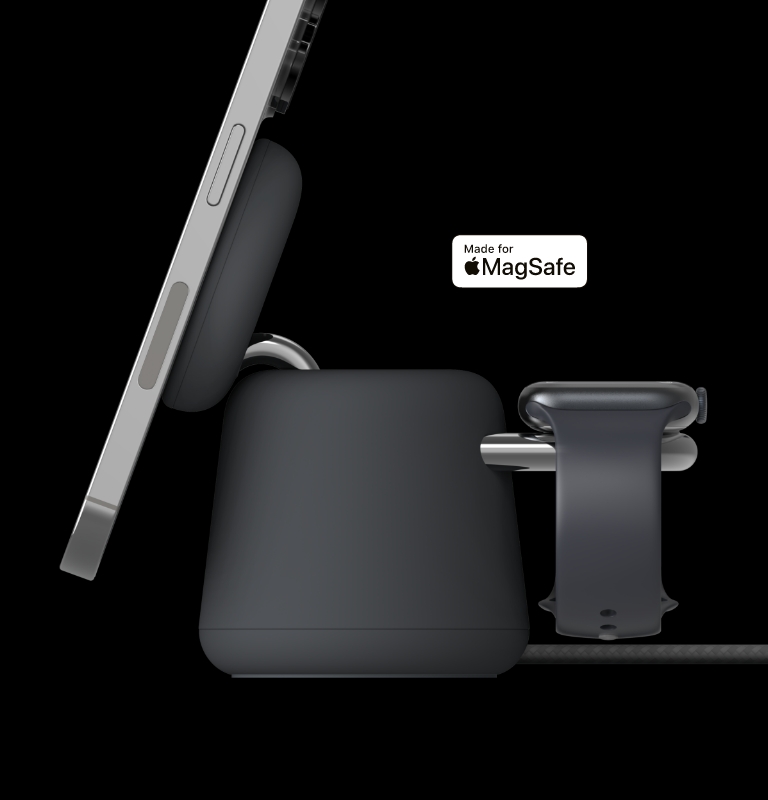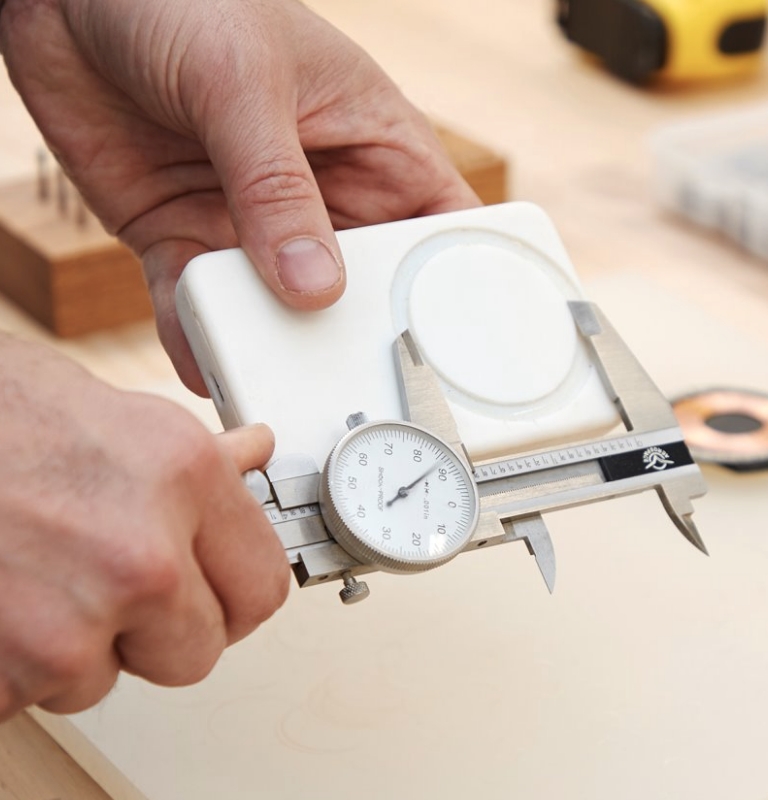Generally, car chargers do not directly damage phone batteries. However, there are a few factors to consider to ensure safe and optimal charging for your phone's battery:
Quality of the Charger: It is essential to use a high-quality car charger from a reputable brand. Cheap or low-quality chargers may not provide a stable and consistent power output, which can potentially harm your phone's battery or other components.
Overcharging and Overheating: Car chargers, like any other charging method, can cause issues if a device is continuously overcharged or subjected to excessive heat. Modern smartphones have built-in mechanisms to prevent overcharging, but it's still a good practice to unplug the charger once your phone reaches full charge to avoid unnecessary stress on the battery.
Voltage Fluctuations: Some vehicles may experience voltage fluctuations or spikes, especially when starting the engine or when using other electrical components simultaneously. These fluctuations can potentially affect the charger's output and, in turn, the charging process. However, most car chargers are designed to handle such fluctuations and provide stable charging.
Compatibility: Ensure that the car charger you use is compatible with your phone's charging requirements. Using a charger with the wrong voltage or current output may not charge your phone properly or could potentially damage the battery over time.
It's important to note that regular charging, whether using a car charger or a wall charger, does put some stress on the battery over time. However, smartphone manufacturers design their devices to handle charging cycles and ensure the battery's longevity. To maintain your phone's battery health, it's advisable to use reputable chargers, avoid extreme temperatures, and charge your phone as per the manufacturer's guidelines.
If you have concerns about your phone's battery or charging, it's always recommended to consult the device's manufacturer or refer to their guidelines for optimal charging practices.










NPI_gallery.1.jpg?sw=280&sh=280&sm=fit&sfrm=png)





